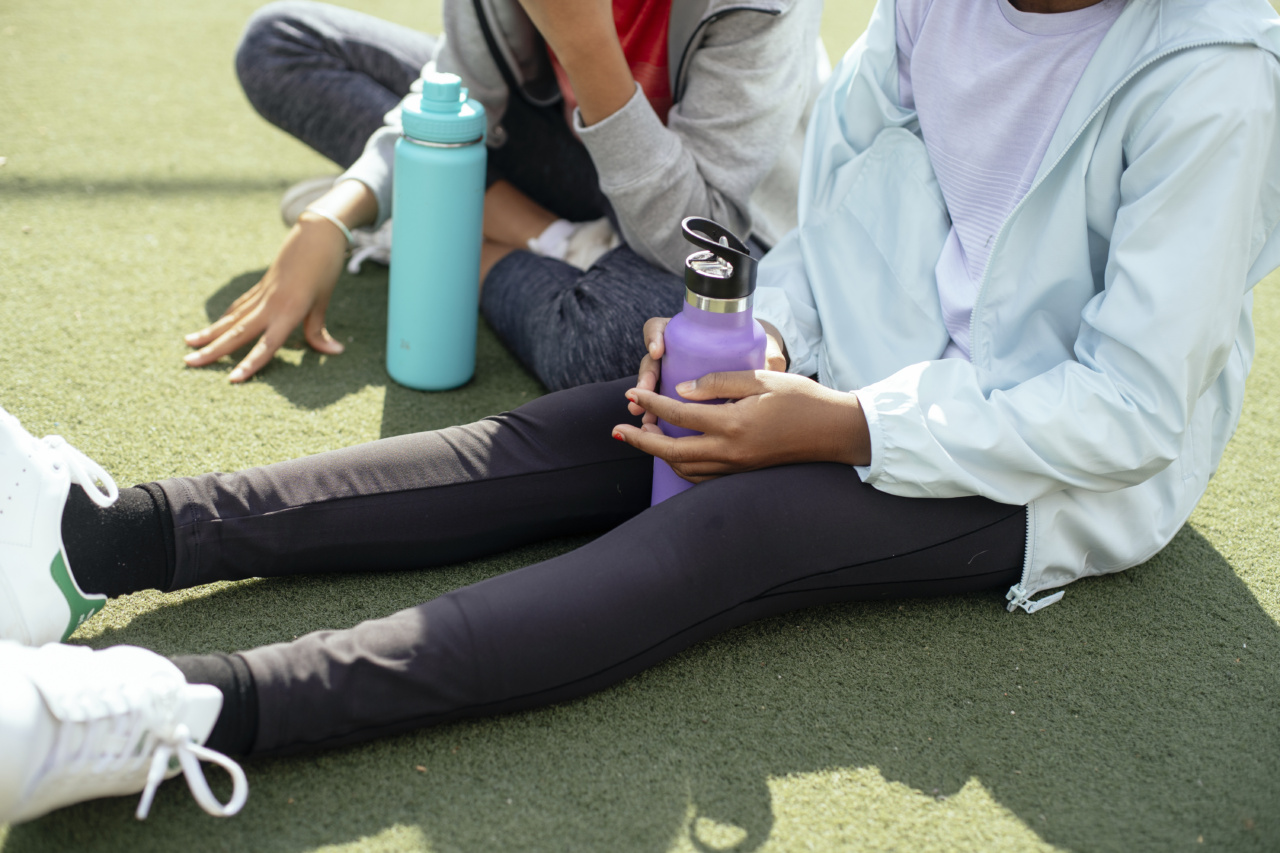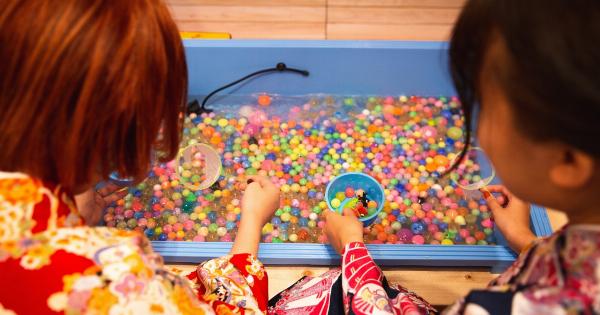Water is essential for the overall health and well-being of children. It plays a crucial role in maintaining proper bodily functions, regulating body temperature, and promoting the healthy functioning of organs.
Children are more prone to dehydration due to their smaller body size, higher activity levels, and inability to recognize their thirst cues as effectively as adults.
The benefits of drinking water for children
There are numerous benefits associated with encouraging children to drink an adequate amount of water. Some of the key benefits include:.
- Hydration: Water helps in maintaining proper hydration levels, which is important for the overall health and functioning of the body. It prevents dehydration, which can lead to fatigue, dizziness, and impaired cognitive function in children.
- Weight management: Drinking water instead of sugary drinks helps in managing weight. Water is calorie-free and can help children feel full, reducing their consumption of unhealthy beverages and snacks.
- Improved digestion: Water aids in digestion and prevents constipation. It helps in breaking down food and absorbing nutrients efficiently.
- Healthy skin: Proper hydration with water promotes healthy skin by flushing out toxins and keeping the skin moisturized.
- Optimal cognitive function: Drinking enough water boosts cognitive function, memory, and concentration in children, aiding in their learning and overall academic performance.
- Strong immune system: Water supports a healthy immune system, which helps children fight off illness and infections.
- Improved athletic performance: Staying hydrated with water is crucial for children involved in sports and physical activities. It aids in maintaining optimal physical performance and prevents fatigue, muscle cramps, and overheating.
- Development of healthy habits: Encouraging children to drink water cultivates healthy habits from an early age, leading to long-term health benefits.
How much water should children drink?
The daily water intake requirements vary depending on age, sex, weight, and activity level. As a general guideline, the American Academy of Pediatrics recommends the following approximate daily water intake for children:.
- Infants: Up to 6 months old should primarily consume breast milk or formula. Small amounts of water may be given as per a doctor’s recommendation.
- 7-12 months: 0.8-1.3 liters (28-44 ounces) of total fluid intake, including breast milk, formula, and water.
- 1-3 years: 1-1.3 liters (33-44 ounces) of total fluid intake, including water, milk, and other liquids.
- 4-8 years: 1.2-1.7 liters (40-57 ounces) of total fluid intake, including water, milk, and other liquids.
- 9-13 years (girls): 1.4-2.1 liters (47-71 ounces) of total fluid intake, including water, milk, and other liquids.
- 9-13 years (boys): 1.4-2.4 liters (47-81 ounces) of total fluid intake, including water, milk, and other liquids.
- 14-18 years (girls): 1.6-2.3 liters (54-78 ounces) of total fluid intake, including water, milk, and other liquids.
- 14-18 years (boys): 2-3.3 liters (68-112 ounces) of total fluid intake, including water, milk, and other liquids.
10 tips to encourage your child to drink more water
As a parent, there are several strategies you can employ to ensure that your child stays adequately hydrated and drinks enough water throughout the day:.
1. Set a good example
Children are more likely to follow healthy habits when they see their parents or caregivers practicing them. Make sure you prioritize your own water intake and demonstrate to your child the importance of staying hydrated.
2. Make water easily accessible
Provide your child with easy access to water by keeping a water bottle or a glass of water within their reach throughout the day. This will serve as a reminder and make it convenient for them to drink.
3. Infuse water with flavors
If your child finds plain water boring, try infusing it with natural flavors. You can add slices of fruits like strawberries, oranges, or pieces of cucumber to make it more enticing and refreshing.
4. Create a water-drinking routine
Set specific times during the day when your child should have a glass of water. For example, encourage them to drink a glass in the morning after waking up, before and after meals, or during breaks from physical activity.
5. Use appealing water bottles
Invest in colorful and attractive water bottles featuring your child’s favorite characters or designs. Having a fun and appealing water bottle can make drinking water more enjoyable for children.
6. Make it a game
Create fun challenges or games around drinking water. For example, you can have a “water race” where you and your child compete to see who finishes drinking a glass of water first.
7. Offer water-rich foods
Incorporate water-rich foods into your child’s diet. Fruits and vegetables like watermelon, oranges, grapes, cucumbers, and tomatoes have high water content and can contribute to overall hydration.
8. Dilute sugary drinks
If your child is used to consuming sugary drinks like fruit juices or sodas, gradually start diluting them with water. This will help reduce the sugar intake and develop a taste for more natural, hydrating beverages.
9. Set reminders
Use alarms or timers to remind your child to drink water at regular intervals, especially during times when they might be engrossed in activities and forget to drink.
10. Be supportive and patient
Encouraging your child to drink more water may take time and patience. Be supportive, positive, and praise their efforts. Avoid expressing frustration or negative emotions if they are reluctant to drink water initially.
Conclusion
Drinking adequate water is crucial for the overall health and well-being of children. As a parent, it is important to educate and encourage your child to prioritize water consumption.
By setting a good example, making water easily accessible, infusing it with flavors, creating routines, and employing various other strategies, you can ensure that your child stays hydrated and develops lifelong healthy habits.































